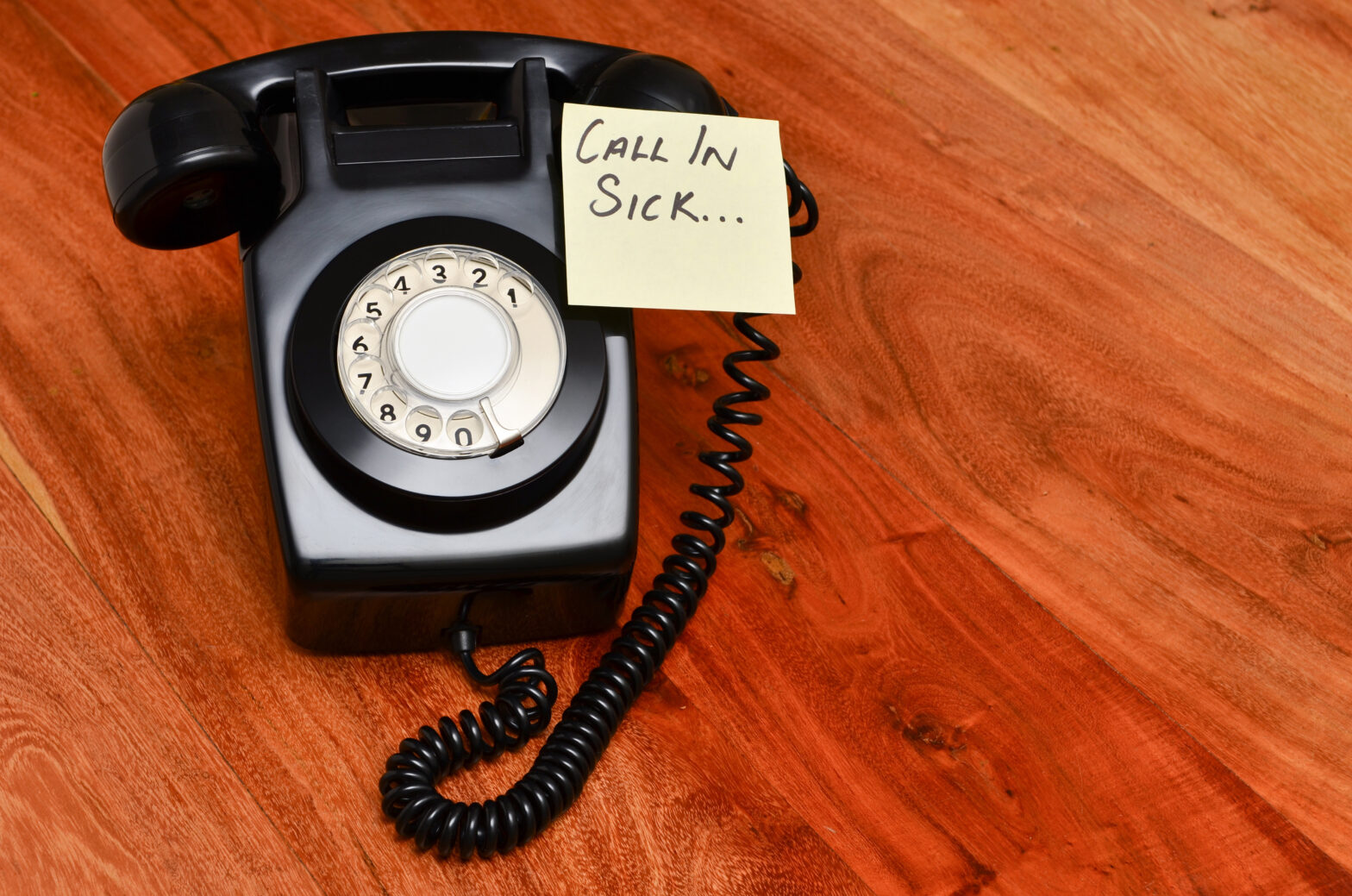Some 4.3 million people confess to pulling the wool over their employer’s eyes for a day off work, according to a study by reed.co.uk.
From spluttering down the phone with a faux cold to locking themselves out of the house, truant employees are coming up with new and exaggerated excuses every day to avoid work.
The study shows the ‘live for the weekend’ mentality is the cause of most absences, with more than one in seven Brits (13 per cent) embracing the Friday feeling early and calling in sick to extend the weekend break.
An additional one in eight workers (12 per cent) confess to conjuring up a Monday morning excuse for an unscheduled day off to recover from a busy weekend.
The recruitment platform also asked employers to name the most common excuses employees use for a day off.
Calling in sick came out on top, with workers fake coughing and croaking down the phone to bosses.
The study also reveals that employees are becoming more imaginative than ever; from the slightly careless ‘I thought it was Sunday and not Monday’ to the more extreme ‘my dog ate my iPhone’, employers named the most ridiculous excuses they have heard.
Other creative cover stories include, ‘I’ve been waiting for a bus for three hours’ and ‘I cannot make it into work this morning as I have sunburnt feet’.
Lynn Cahillane, communications manager at reed.co.uk, says, ‘If you are considering making-up an excuse and taking a day-off work then perhaps it’s time to think about why.
‘For many people a career is the most important aspect of life, so it’s vital to have a job that makes you happy. If you don’t enjoy work then maybe it’s you stop faking it and try a new position.’





